Ginger Tea: A Natural Remedy for Period Bloating – An Indian Youth’s Guide
Menstrual cycles can be challenging, with cramps, mood swings, and the infamous bloating making it hard to function at your best.
If you’re an Indian youth juggling studies, work, and social commitments, the added discomfort of period bloating can feel like an unwelcome guest. But what if the solution lies in your kitchen?
According to age-old wisdom—something our mothers have always known—ginger tea is a simple, effective remedy for easing period bloating.
This blog delves into why ginger tea is a go-to solution for menstrual bloating and how it aligns with the lifestyle of Indian youth. Let’s explore how this golden elixir can make your period days a little easier.
Understanding Period Bloating
Period bloating occurs due to hormonal fluctuations, particularly increased levels of estrogen and progesterone. These hormones cause water retention, which leads to a feeling of puffiness or tightness, especially around the abdomen.
While bloating is a normal part of the menstrual cycle, it can be uncomfortable and frustrating.
Why Do Indian Youth Face More Challenges?
As a young Indian, you may already have a hectic lifestyle, balancing academics, work, or other responsibilities. Add to this the cultural expectations and dietary habits that sometimes lean heavily on processed foods, salt, or caffeine—all of which can exacerbate bloating.
Furthermore, in many Indian households, discussing menstruation with male family members is still considered taboo. Some deeply ingrained cultural practices also restrict women during their menstrual cycle, such as not allowing them to enter the kitchen or sleep in a proper bed.
These emotionally distressing practices can, in turn, cause stress, leading to the release of cortisol, a stress hormone that worsens physical discomfort, including bloating.
This is where natural remedies like ginger tea can make a significant difference.
Why Ginger Tea Works Wonders for Period Bloating
1. Anti-inflammatory Properties
Ginger contains powerful anti-inflammatory compounds called gingerols and shogaols. These help reduce the inflammation in the gut, relieving bloating and soothing abdominal discomfort.
2. Promotes Digestive Health
Bloating often stems from digestive issues like slow metabolism or gas buildup. Ginger tea stimulates the digestive enzymes, aiding in faster digestion and reducing gas.
3. Diuretic Effect
Ginger tea has mild diuretic properties that help flush out excess water from the body, reducing water retention and puffiness.
4. Hormonal Balance
Ginger may also play a role in regulating hormones, helping reduce the severity of period symptoms, including bloating, cramps, and mood swings.
5. Warmth and Comfort
A hot cup of ginger tea provides warmth and relaxation, which can ease period discomfort and elevate your mood during challenging days.
Ginger Tea for Period Bloating: Step-by-Step Approach with External Resources
Here’s how you can implement ginger tea as a remedy for period bloating, broken down into actionable steps. Additionally, external links provide deeper insights and credibility.
Step 1: Understand the Science Behind Ginger and Menstrual Health
Before diving into remedies, it’s helpful to understand why ginger is effective for bloating and menstrual discomfort. Research confirms its anti-inflammatory, digestive, and hormone-regulating properties.
External Resources:
Step 2: Gather Ingredients
Head to your kitchen or a local grocery store to gather the following ingredients:
- Fresh ginger root
- Water
- Optional: honey, lemon, or additional spices like cardamom
External Resources:
- BBC Good Food: Why Fresh Ginger Is Better Than Powder
- Times of India: Ginger Benefits in Indian Cooking
Step 3: Prepare Ginger Tea
Follow this quick recipe:
- Boil 2 cups of water in a pan.
- Grate or thinly slice 1-2 inches of fresh ginger.
- Add the ginger to the boiling water and let it simmer for 5-7 minutes.
- Strain the tea into a cup.
- Add a teaspoon of honey or a squeeze of lemon for extra flavor.
External Resources:
Step 4: Drink Responsibly
Consume ginger tea once or twice a day during your menstrual cycle. Avoid drinking excessive amounts, as it can lead to acidity or heartburn in some individuals.
External Resources:
Step 5: Pair Ginger Tea with Lifestyle Adjustments
For maximum relief, complement ginger tea with:
- Hydration: Drink at least 2-3 liters of water daily.
- Diet: Include fiber-rich foods and avoid salty snacks.
- Light Exercise: Try yoga or gentle stretching exercises.
External Resources:
Step 6: Monitor the Results
Keep track of how ginger tea affects your period symptoms over a few cycles. If the bloating significantly reduces, incorporate it into your routine. However, if symptoms persist, consult a healthcare provider.
External Resources:
- WebMD: When to See a Doctor for Menstrual Symptoms
- National Library of Medicine: Gut Health and Hormonal Cycles
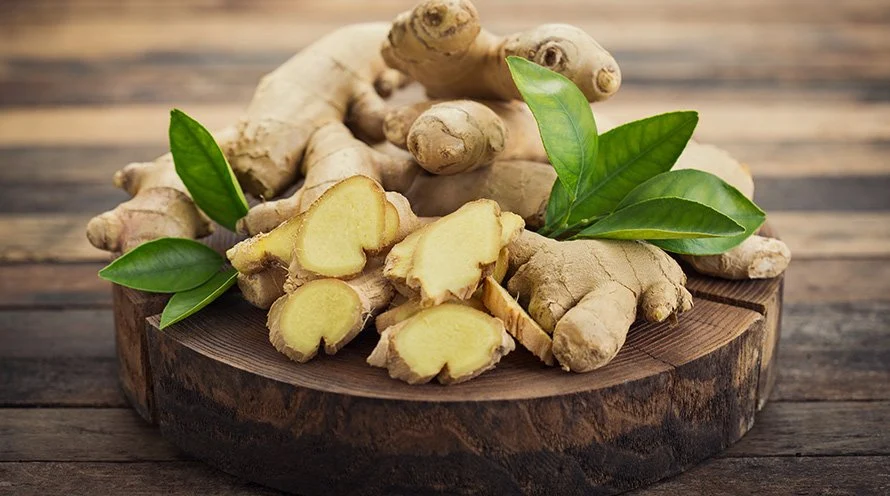
Quick Overview of the Steps to Use Ginger Tea for Period Bloating
- Understand the Science Behind Ginger
Ginger’s anti-inflammatory and digestive properties make it effective for easing period bloating. Its ability to regulate hormones also helps reduce discomfort during your menstrual cycle. - Gather the Ingredients
You’ll need fresh ginger root, water, and optional ingredients like honey, lemon, or cardamom for added flavor. - Prepare Ginger Tea
Boil 2 cups of water, add grated or sliced ginger, and let it simmer for 5-7 minutes. Strain into a cup and add honey or lemon if desired. - Drink Responsibly
Drink ginger tea once or twice a day during your period, but avoid overconsumption to prevent acidity or heartburn. - Pair with Lifestyle Adjustments
Stay hydrated, eat fiber-rich foods, and engage in light exercise like yoga to enhance the effectiveness of ginger tea in reducing bloating. - Monitor the Results
Track how your symptoms change over a few cycles. If bloating decreases, continue using ginger tea. If symptoms persist, consult a healthcare provider.
By following these simple steps, you can naturally manage period bloating and stay connected to time-tested, culturally rooted remedies.
When and How Often Should You Drink Ginger Tea?
For best results, drink ginger tea:
- 1-2 times a day during your menstrual cycle, especially when bloating is at its peak.
- First thing in the morning on an empty stomach or in the evening for a calming effect.
Avoid overconsumption, as too much ginger can sometimes cause heartburn or acidity.
The Cultural Connection: Wisdom Passed Down
In Indian households, natural remedies like ginger tea have been trusted for generations. Whether it’s curing a sore throat or soothing an upset stomach, ginger holds a revered place in Ayurvedic medicine. Our mothers and grandmothers often know the value of these age-old practices, even when modern science is just catching up.
As Indian youth, incorporating these traditional remedies into your lifestyle allows you to stay connected to your roots while addressing modern-day health challenges.
Why Ginger Tea Fits the Lifestyle of Indian Youth
- Quick and Easy to Prepare: With minimal ingredients and effort, ginger tea can be made in minutes, making it perfect for busy students or young professionals.
- Affordable and Accessible: Ginger is readily available in most Indian kitchens, making this remedy cost-effective and convenient.
- Customizable Flavor: You can experiment with add-ons like cardamom, cinnamon, or tulsi to suit your taste preferences.
- Holistic Wellness: Beyond bloating, ginger tea helps with cramps, nausea, and even stress—common challenges faced by Indian youth.
Additional Tips to Combat Period Bloating
While ginger tea is an excellent remedy, combining it with a healthy lifestyle can enhance its effects:
- Stay Hydrated: Drink plenty of water to prevent water retention.
- Reduce Salt Intake: Avoid salty snacks, which can worsen bloating.
- Eat Fiber-Rich Foods: Include fruits, vegetables, and whole grains in your diet to promote digestion.
- Exercise Gently: Yoga and light stretches can help alleviate bloating and cramps.
- Limit Caffeine: Replace coffee with herbal teas like ginger, chamomile, or peppermint during your period.
Conclusion: A Cup of Comfort
Ginger tea is more than just a beverage—it’s a cup of comfort, offering relief from period bloating and other menstrual woes. As an Indian youth navigating the complexities of modern life, embracing this traditional remedy can be a game-changer for your overall well-being.
The next time your period brings along bloating, listen to your mom’s advice and brew yourself a warm, soothing cup of ginger tea. It’s a small act of self-care that can make a big difference.
So, why wait? Give ginger tea a try and experience its magical benefits for yourself!
Disclaimer:
The information provided in this blog is intended for general informational purposes only. While ginger tea has been traditionally used in Ayurvedic medicine and has some proven health benefits, it should not be considered a substitute for professional medical advice, diagnosis, or treatment. Always consult with a healthcare provider before making any significant changes to your diet, especially if you have underlying health conditions or are taking medications.
Individual results may vary, and excessive consumption of ginger can lead to side effects such as heartburn or gastrointestinal discomfort. Please consume ginger tea in moderation.
The external resources linked in this article are for reference purposes and do not necessarily reflect the views or recommendations of the author.
-

IBPS SO Mains Admit Card 2024 released at ibps.in, exam on Dec 14: Direct link to download Phase 2 call letter here
The IBPS SO Mains Exam 2024 admit cards are available for download at ibps.in.
Candidates who passed the preliminary exam can access their admit cards using their credentials.
The mains exam, scheduled for December 14, aims to fill 896 specialist officer positions. The exam format varies by position, with specific timings and mark allocations., The IBPS SO Mains Exam 2024 admit cards are available for download at ibps.in.
Candidates who passed the preliminary exam can access their admit cards using their credentials. The mains exam, scheduled for December 14, aims to fill 896 specialist officer positions.
The exam format varies by position, with specific timings and mark allocations.’
-

CBSE exam stress | Students perspective.
A Letter to My Fellow Students: Tackling Exam Fear and Embracing Life Beyond Scores
Dear brothers and sisters,
As the CBSE Class 12 exams are fast approaching, with the first one scheduled on 15th February, I know many of you might be grappling with fear and anxiety. You’re worried about how things will turn out, aren’t you? I’ve been there too, and trust me when I say exams are important, but they shouldn’t be approached with crippling fear.
Let me share a personal story. Back in 2018, when I was preparing for my Class 12 final exams, I vividly remember the moments leading up to my Zoology paper. My heart was pounding, my mind was clouded with doubt, and I was convinced I’d fail. But guess what? Not only did I pass, but I ended up scoring the highest in my school. Today, I’m pursuing MBBS at a government medical college in Kerala, a dream I once thought was out of reach.
I share this not to boast but to remind you: fear does not define your capabilities.
Understanding the Reality of Exam Results
Here’s something I want you to remember: The results of these exams are only a gateway to higher studies.
If you’re aiming for exams like NEET or JEE, your board percentage won’t make a significant difference as long as you meet the eligibility criteria. Scoring 80% or 90% holds the same value as just passing for these competitive exams. So, stop burdening yourself with the need for “perfect scores.” Instead, focus on understanding your subjects and using exams as tools to measure your progress, not as a determinant of your worth.
The Impact of Exam Fear on Mental Health
Let’s address the elephant in the room: How does exam fear affect your mental health?
I’m no psychologist, but from personal experience, I can tell you this: constant fear and over-preparation can cripple your productivity. Instead of boosting your performance, excessive anxiety drains your energy and narrows your focus.
For many of us from lower-middle-class families in India, the pressure is even greater. We’re often told by parents and well-wishers that the only way to succeed is to “study hard, get a job, and settle down.” But let me be brutally honest: this advice is outdated and, in many ways, misleading.
Why Jobs Aren’t the End-All of Success
Why settle for being someone who seeks a job when you can strive to create jobs?
In my observation, the number of people chasing jobs far outweighs those creating them. Yes, entrepreneurship is risky, but so is life.If you’re someone who believes that exams are the only path to success, I feel sorry for you. You’ve been fed a lie since childhood, and now it’s holding you back. Success isn’t about high marks, a stable job, or even a fat paycheck. It’s about discovering who you are, doing what you love, and making an impact.
The Bigger Picture of Learning
Exams are just a test of what you know about the subject. They are not a life-changing event.
Your ability to succeed in today’s world doesn’t depend solely on your marks. It depends on skills like authenticity, confidence, and adaptability—qualities that can’t be measured by a test.
Think about it: in this era of Artificial Intelligence, where machines can outperform humans in many technical and creative tasks, your authenticity and human touch are your greatest assets.
My Journey in Medicine and Lessons for You
I chose medicine because I wanted to help those who couldn’t afford healthcare. But once I entered medical college, I realized something disheartening: unlike countries like the US or UK, where you need to show your passion for medicine through voluntary work and a statement of purpose, in India, an entrance exam score determines your fate.
This system has created a reality where some doctors have extraordinary knowledge but lack the ability to communicate effectively with patients. Why? Because their passion for the field is often absent—it’s just a facade to fulfill societal expectations.
Let me make this clear: Doctors can be wrong. Always seek a second opinion if you’re unsure about a diagnosis or treatment plan. Remember, as patients, you have the autonomy to choose the kind of care you receive.
Your Score is Not Your Life’s Verdict
Low scores or even failure in an exam isn’t the end of the road. There will always be opportunities to rise, grow, and redefine your path. What matters is your willingness to learn and your ability to communicate effectively.
I understand some of you might feel trapped by toxic parents or relatives dictating your career choices. Here’s my advice: take risks and reclaim your life. Yes, there’s no guarantee of success, but if you fail, restart.
A Message for Aspiring Entrepreneurs
If you have an entrepreneurial mindset, don’t chase money alone. Entrepreneurship is not about making money; it’s about solving problems and adding value to people’s lives.
Whether you’re providing a service or offering a product, your goal should always be to make a positive impact. If your sole aim is profit, people will sense it, and your venture will likely fail. Authenticity wins hearts, and serving your community brings fulfillment.
Final Words
Approach your exams as just another step in your journey, not as the ultimate goal. Your life is much bigger than any test score. Believe in yourself, communicate effectively, and focus on building a meaningful life.
In my next post, I’ll share tips on how you can create a service (online or offline) and earn from it. Stay tuned!
With love and best wishes,
Akash U V
(MBBS Student, Aspiring Entrepreneur, and Your Fellow Learner) -

CBSE Class 12 English Preparation: 9 Expected Questions for Notice Writing
The CBSE Class 12 board exams, a crucial milestone for India ..

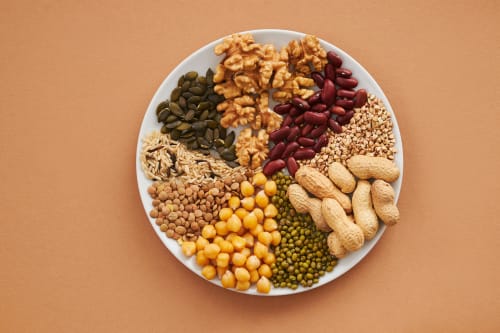


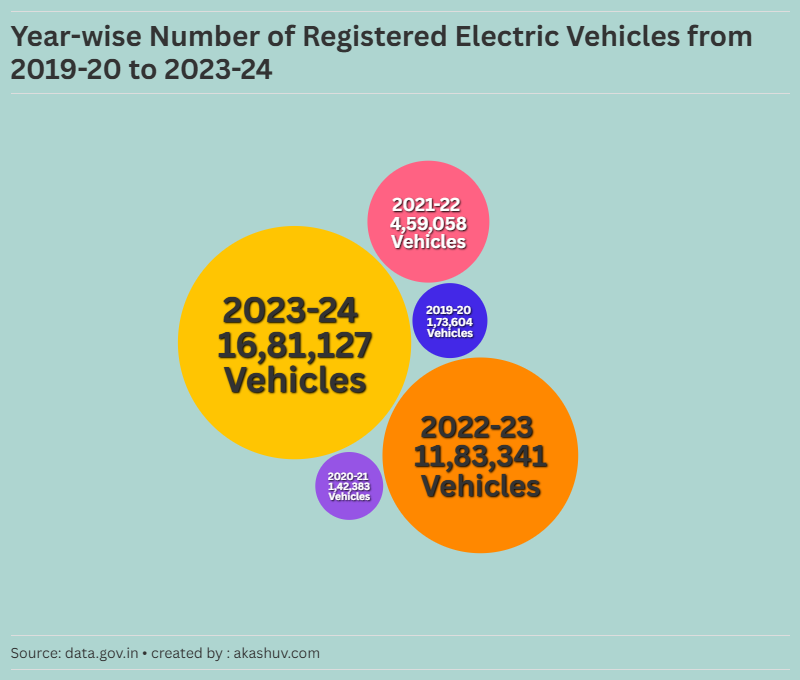
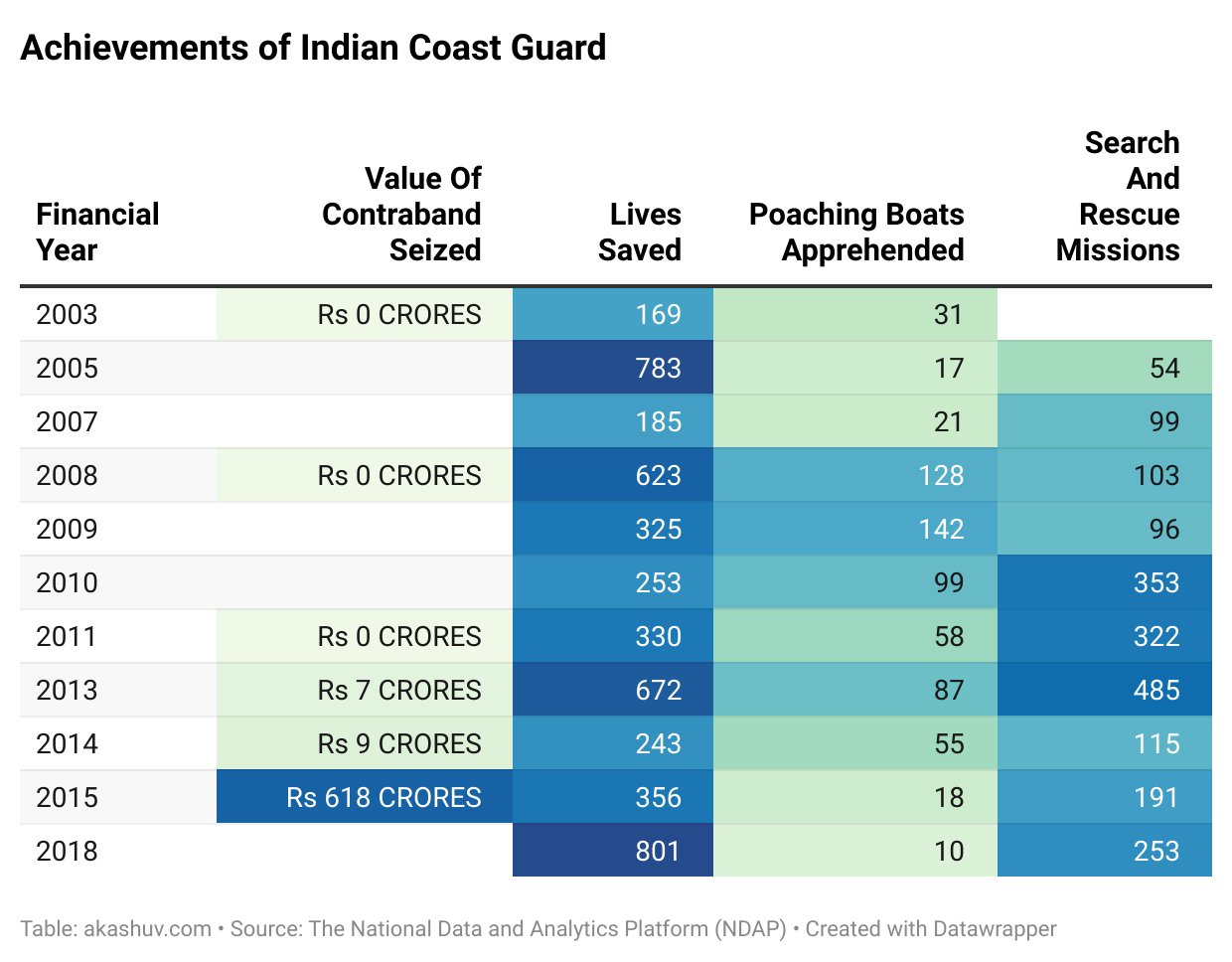

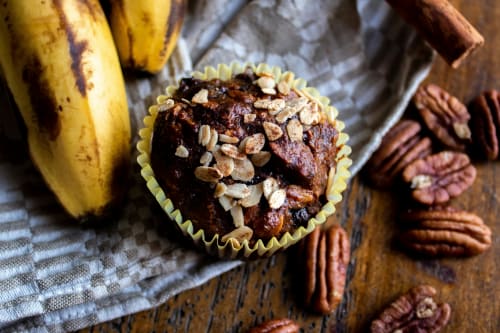


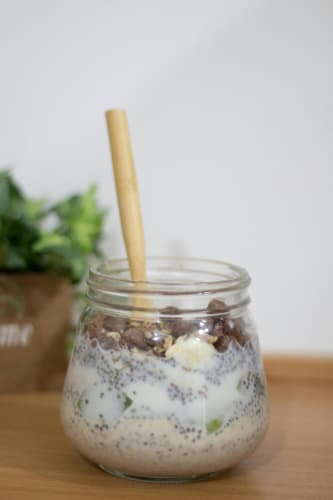
Leave a Reply